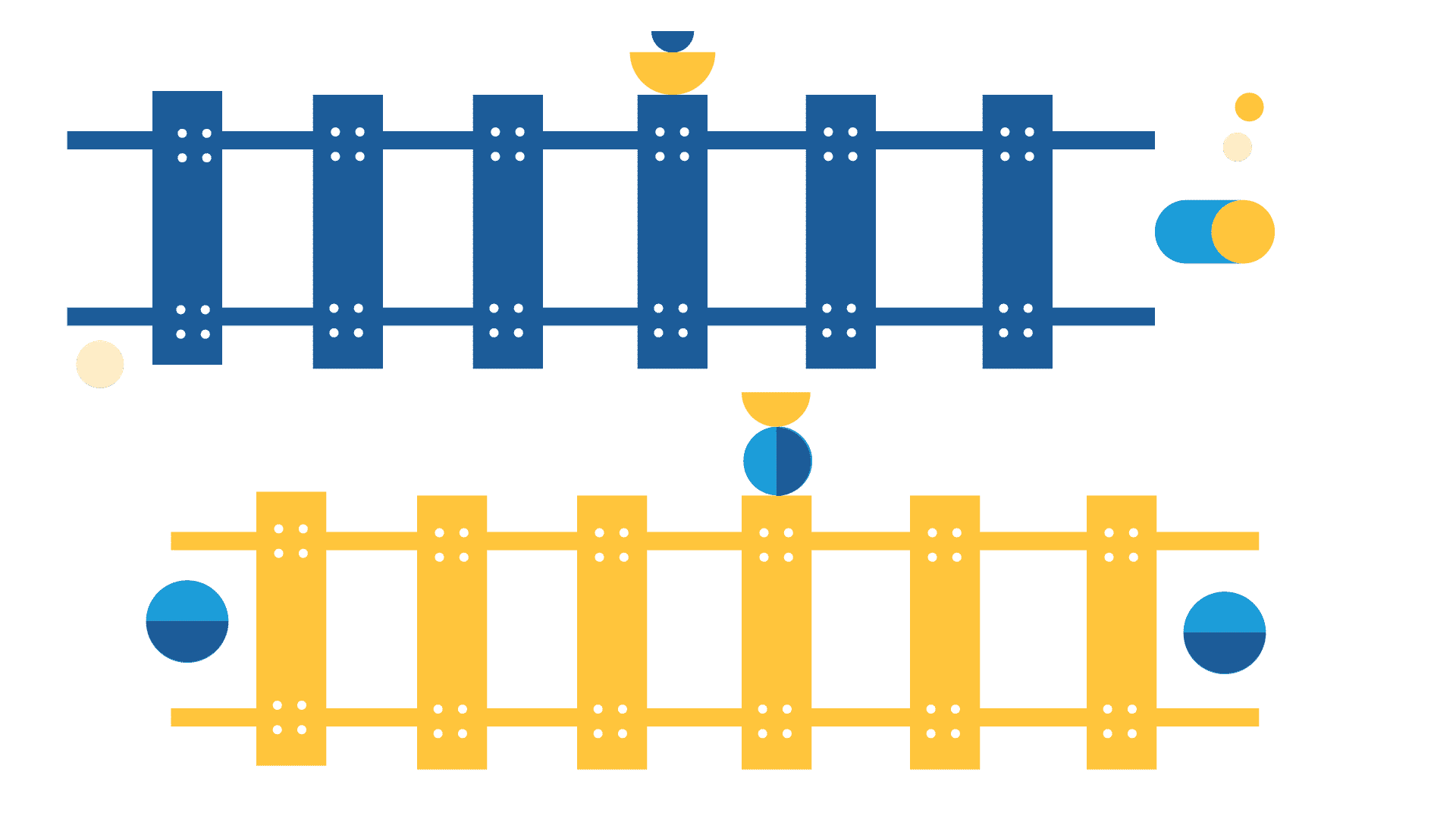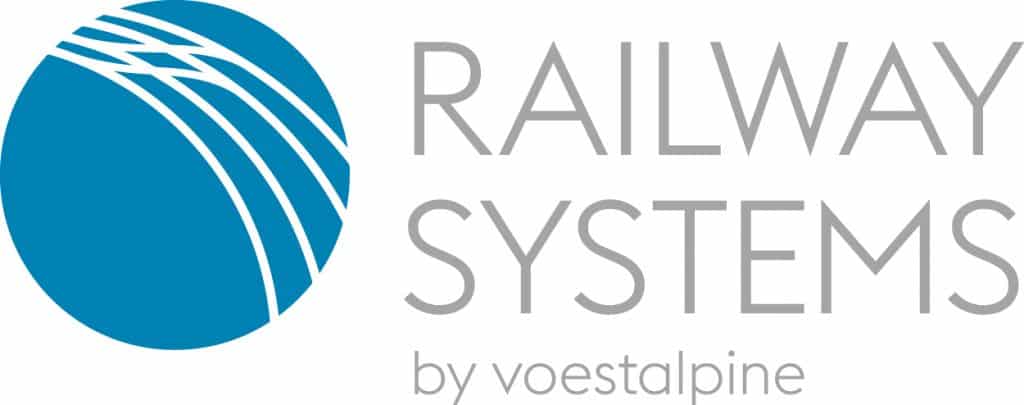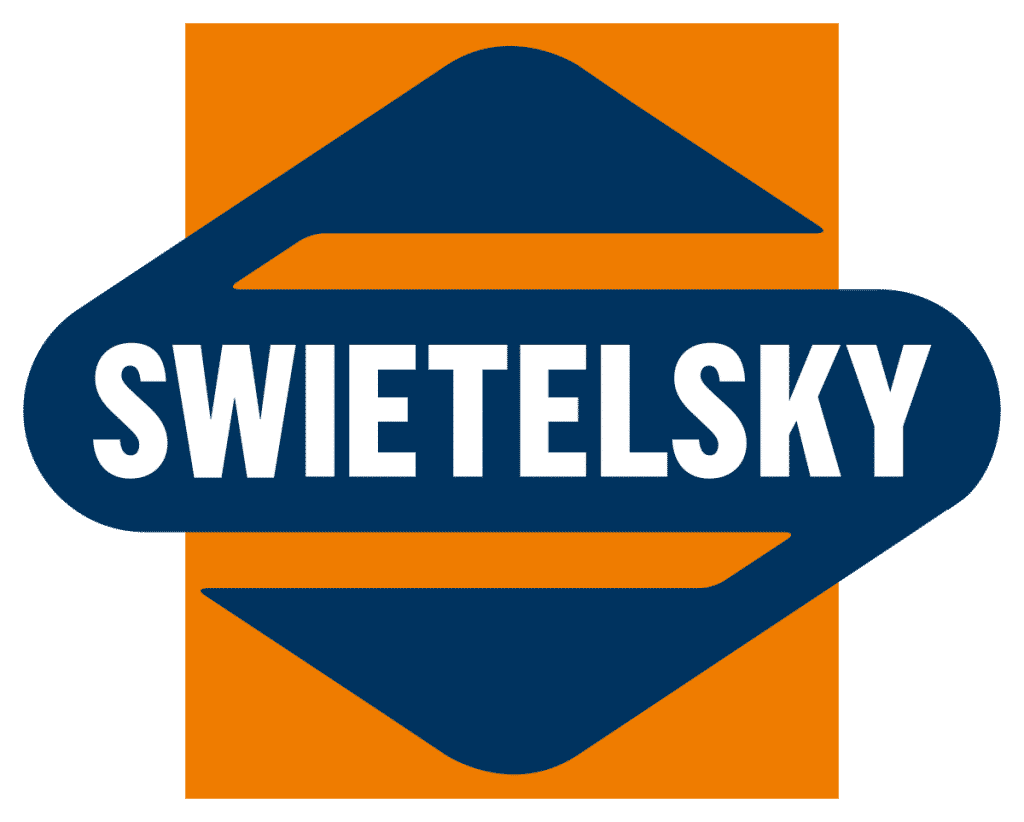
Railway Infrastructure – Asset Management – 2022
Events 2022 overview
Go BackTopics: Life Cycle Management (LCM), Life Cycle Costs (LCC), Sustainability, Proof of Economic Efficiency
Focus: From Data to Knowledge to decisions
Participants: Top Management (Technical and Business) of Railway Infrastructure Management Companies
Sponsored by
Agenda
AGENDA 11.10.2022
13:10 – 13:25 Open discussion session.
About weTHINK. Railway LCM
Knowledge Exchange
Goal is to build a knowledge exchange community for best practices on technical sustainability and economic efficiency for track superstructure.
Technical Sustainability
Increasing traffic pushes on track deterioration but also limits time for track work more and more. To overcome this problem further development of track must target more sustainable track components and track maintenance to reduce the demand of track possession without reducing track quality. This requires understanding of track deterioration, gained by time sequences of track data allowing forecasting of track behaviour and thus preventive maintenance.
Economic Efficiency
R&D within track needs to present sustainable solutions which show a high economic efficiency. As track shows costs only, track strategies can be economically evaluated by comparing different options. Standard evaluations can be used as calculating the dynamic annual average costs. Dynamic methods are required due to the long service lives of track, annual average costs are used to enable comparing strategies with different service lives. Furthermore costs of non- or reduced availability due to either track work or due to speed restrictions caused by poor quality need to be taken into account for a proper evaluation of track component and/or track maintenance strategies. These methodologies will be presented theoretically and on real examples.
Date
Time
Local Time
- Timezone: Europe/Berlin
- Date: 11 Oct 2022
- Time: 10:00 - 13:30
Next Event
- Sustainability and Digitalization in Public Infrastructure Procurement – 17 April 2024
-
Date
- Wed 04 2024
-
Time
Central Europe Timezone- 10:00 - 13:00




